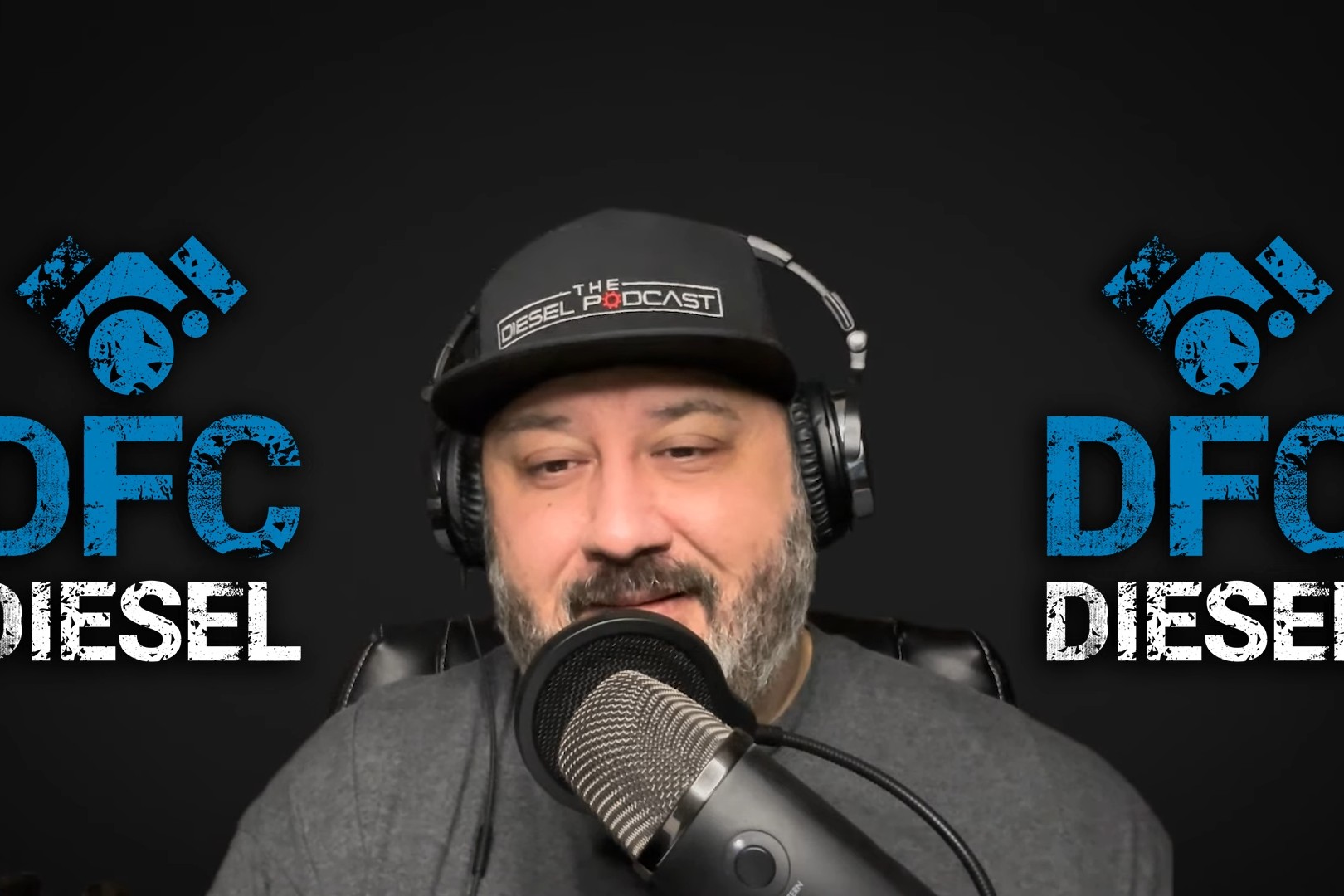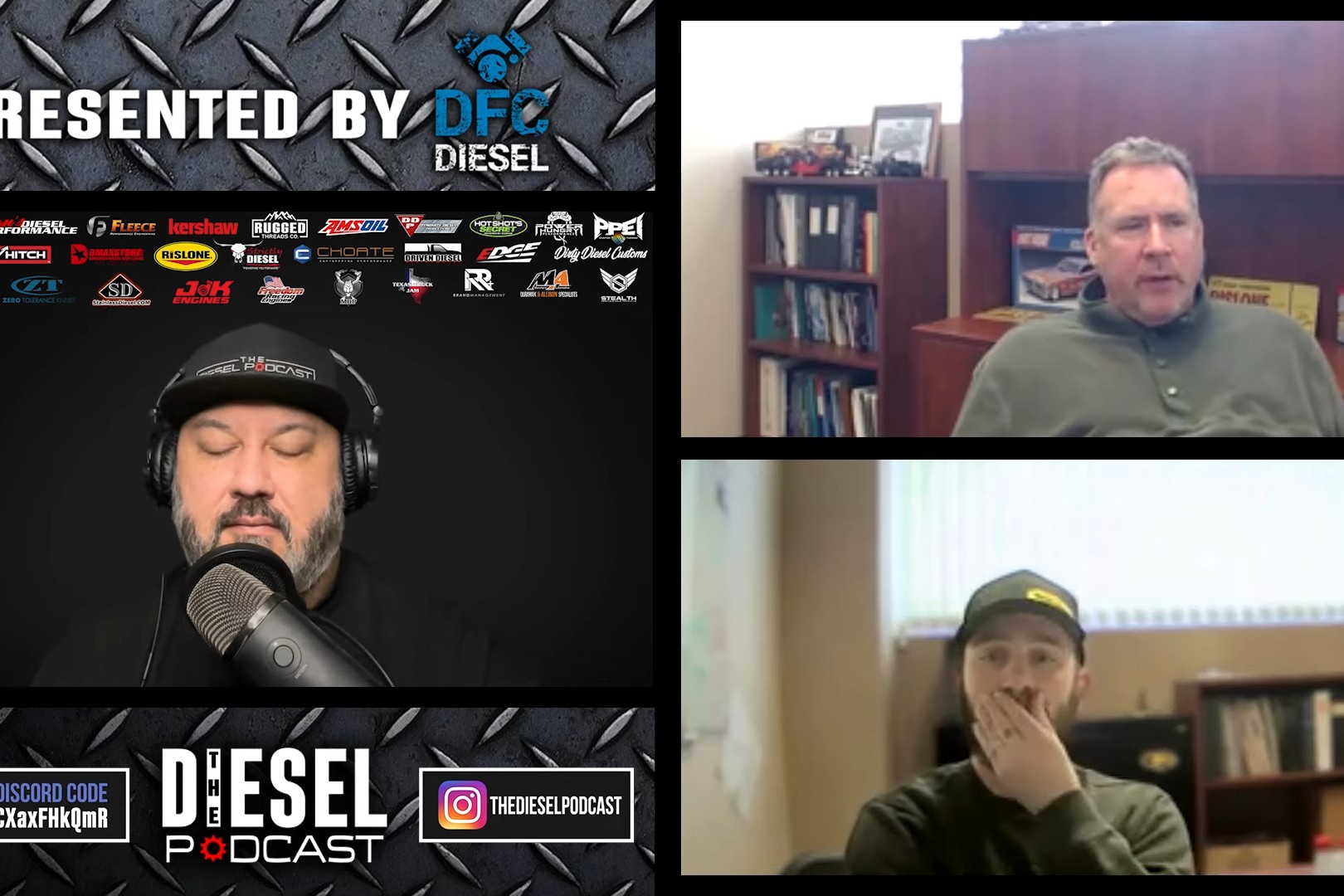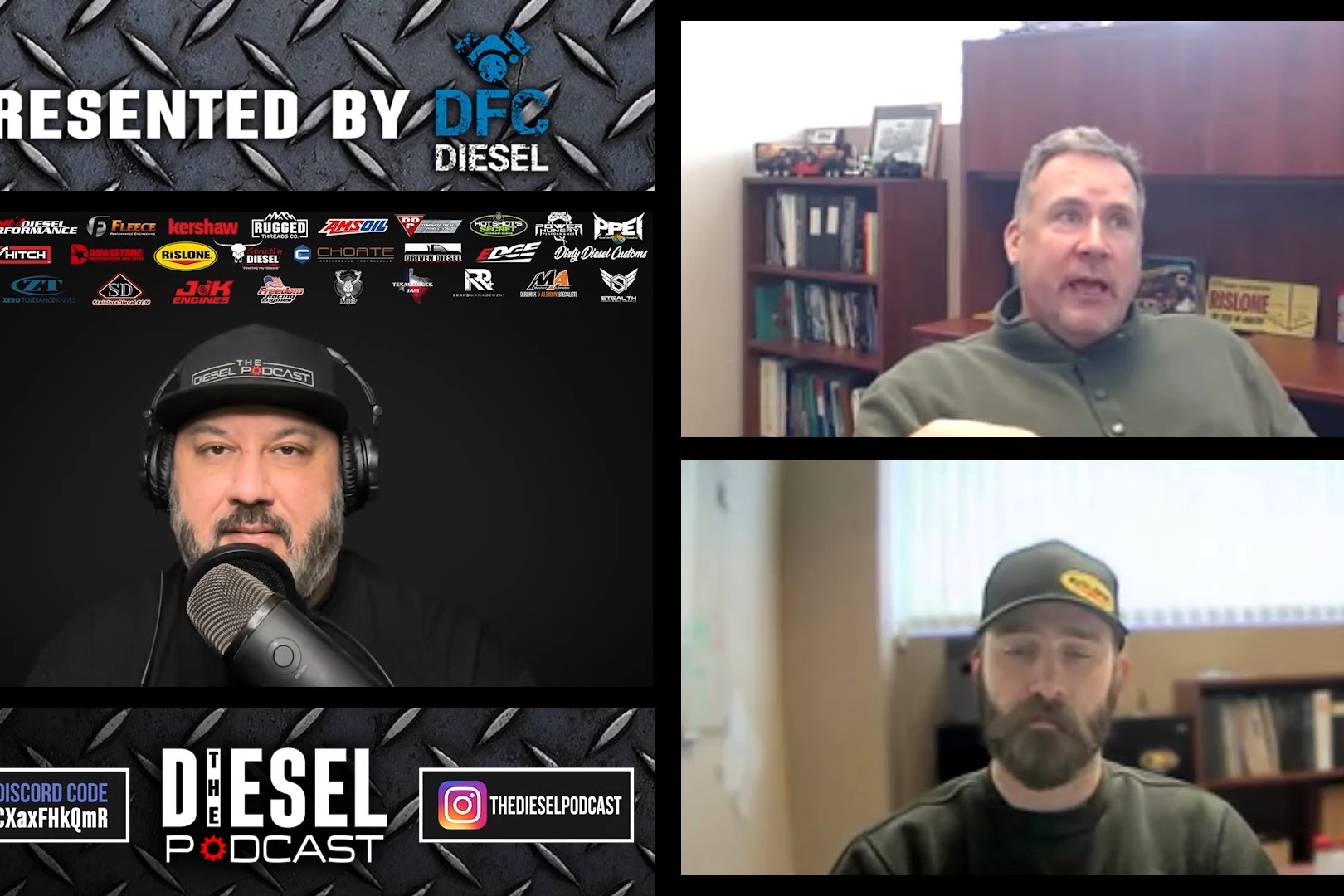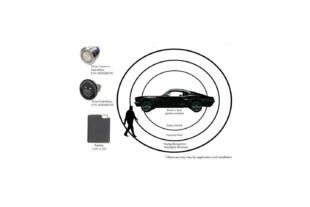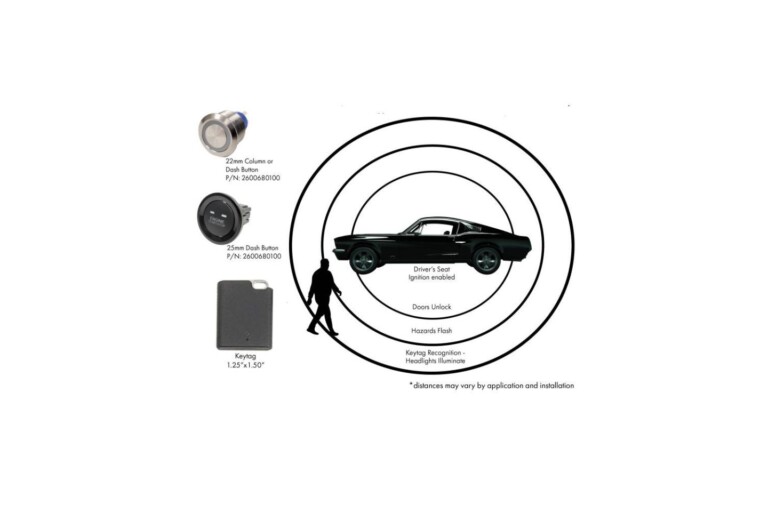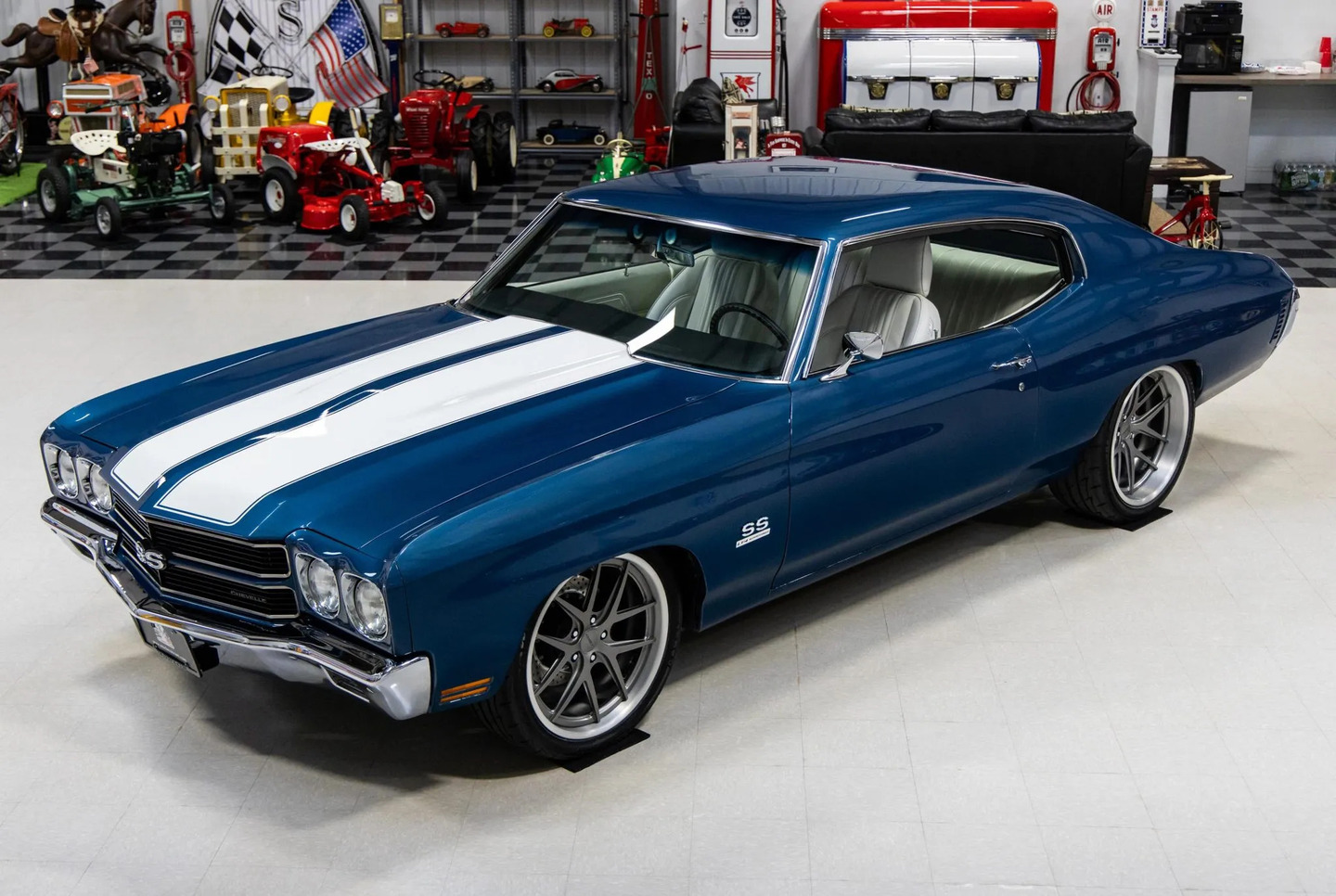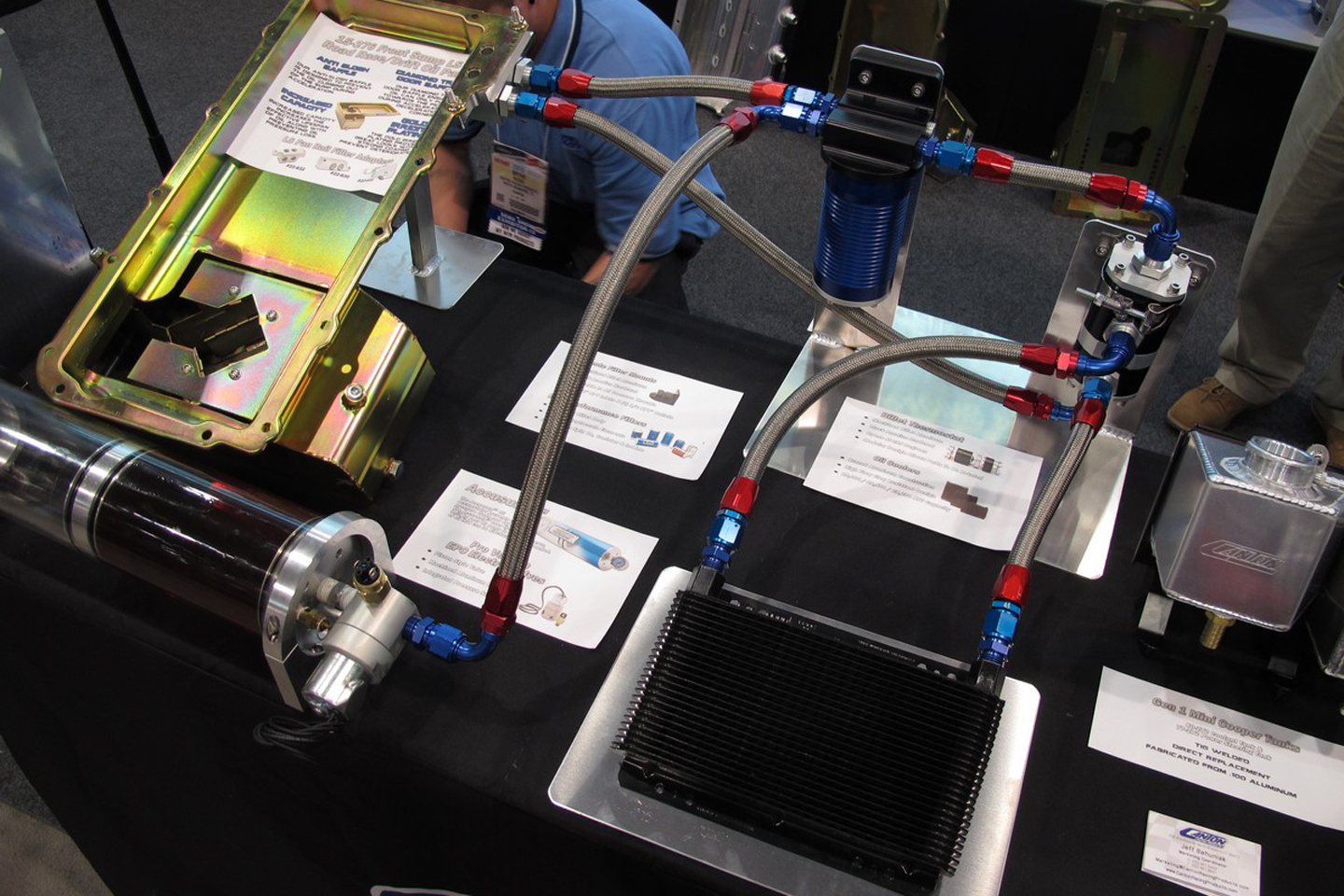If you own a diesel truck newer than 2011, you’re probably used to pouring diesel exhaust fluid (DEF) into its own special tank. But did you know that DEF itself can cause major problems if not handled correctly? The Diesel Podcast recently had the experts from Rislone on, and they spilled the beans on a hidden threat: DEF crystallization.
Most of us just grab a jug of DEF, fill those tanks up, and forget about it. As the podcast host, Patrick Ellis, put it, “I never gave it a second thought. I just know these trucks take it. You go fill it up when you have to.” But it turns out, DEF is a bit more finicky than we thought.
The problem? The water in the DEF can evaporate, leaving behind tiny urea crystals. Clayton from Rislone explained: “What’s happening is the water’s evaporating out…and the [urea] is…turning into these crystals.”
And it doesn’t just happen in your truck’s tank. It can even happen inside the jug before you even use it, especially in hot weather. Even worse, you could develop microbial growth, such as fungus or molds.
These crystals aren’t just a cosmetic issue. They can clog DEF injectors or wreck pumps which can trigger a check engine light, potentially leading to limp mode and expensive repairs.
Patrick Ellis was shocked, “I didn’t realize what a problem it was.” Rislone even found DEF that was already bad available straight from store shelves.
And it’s not just about old or improperly stored DEF. Things like hard water, diesel fuel, leaking coolant, and even tiny metal particles from worn parts can contaminate the system.
Luckily, there are ways to fight back. Rislone makes a product called DEF Crystal Clean that, according to Clayton, “It has the detergent in it so anything that the def comes in contact with… it’ll instantly start breaking down that crystallization…and then…actually kind of creates a an invisible barrier that will keep those crystals from forming again.”
So, what’s the bottom line here? Well, don’t ignore your DEF! Paying attention to DEF quality and using a preventative treatment could save you a major headache (and a big repair bill) down the road. It’s about protecting your truck and keeping it running right – something every diesel owner can get behind.



